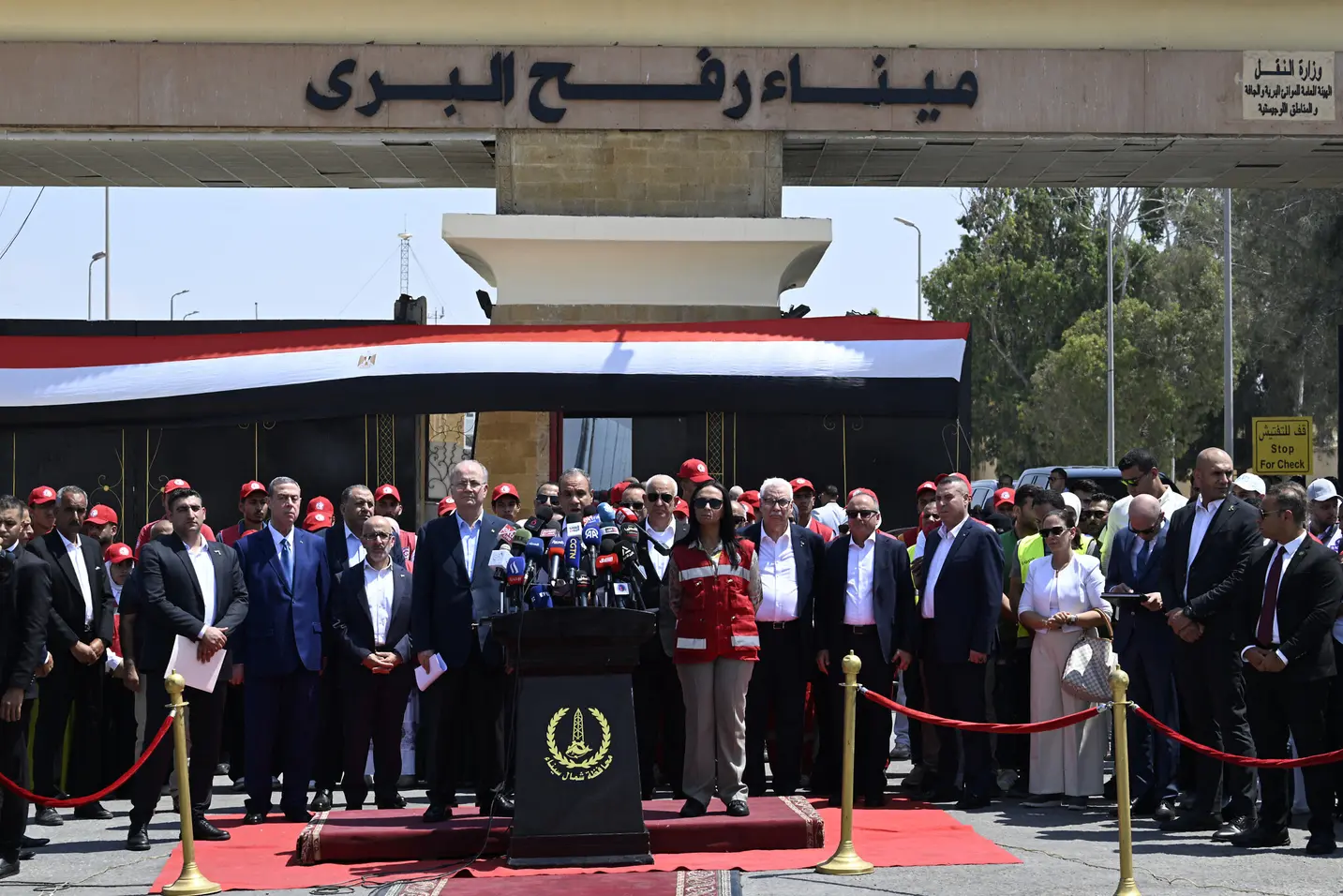T4K3.news
Hamas Concessions Open Path to Gaza Ceasefire Talks
Mediators push for a ceasefire framework as Hamas agrees to revised terms and aid flows through UN and Red Crescent.
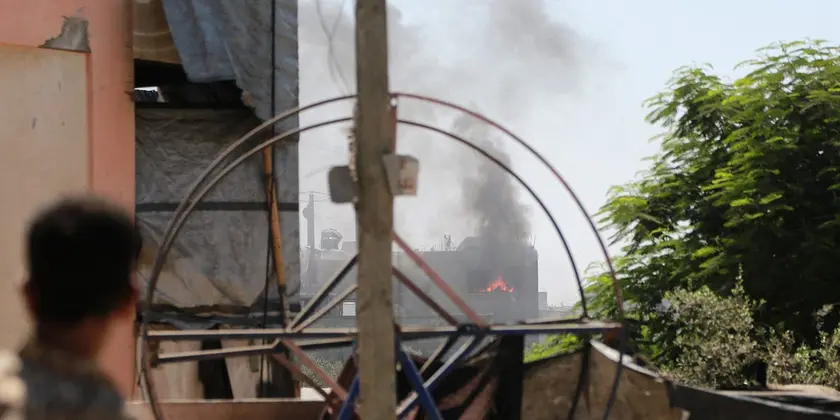
Hamas has softened its terms in a Gaza ceasefire framework as mediators push a U.S. backed path to halt the fighting and boost aid.
Hamas Concessions Open Path to Gaza Ceasefire Talks
Hamas has signaled a willingness to revise its Gaza ceasefire terms, aligning with a framework pushed by mediators Egypt and Qatar that draws on a proposal associated with Steve Witkoff and Ron Dermer. The concessions include dropping a demand for a full withdrawal along the Philadelphi corridor, permitting aid distribution through the United Nations and the Red Crescent, and accepting a deeper buffer zone inside Gaza. Hamas also agreed to a two-month prisoner exchange that would free 10 living Israeli captives and return 18 bodies, while Israel would release hundreds of Palestinians from Israeli detention. Israel has not publicly endorsed the framework and has pressed ahead with plans for a large-scale ground operation if no deal is reached.
Mediators describe the changes as an effort to preserve humanitarian relief and a possible pause in the fighting, but analysts warn the concessions could be read as capitulation or invite new demands later. Prime Minister Netanyahu has insisted on defeating Hamas and dismantling its authority, signaling that a deal may depend on changes at the political level in Washington and among regional partners. The talks underscore a broader contest over how much leverage outside powers can exert to halt mass suffering while preserving strategic aims.
Key Takeaways
"There is no longer any room for concessions or futile negotiations."
Al-Hindi on the narrowing space for talks
"The resistance remains fully prepared to confront any deception."
Al-Arian on the readiness of Palestinian factions
"If there is going to be an agreement, then this is it."
Al-Arian on deal viability
"The only party [Israel] truly responds to is the U.S. administration, which continues to provide it with cover for all its crimes."
Al-Arian on U.S. role in mediation
The shift shows Hamas trading hard lines for a pathway back to negotiations, betting mediators can translate words into a durable pause. But the path is fragile: any sign of weakness could invite renewed pressure from hardliners. The United States and regional players will be watched closely for how they back up any agreement, and whether aid flows are truly protected from political manipulation. The talks test how far diplomacy can curb a crisis that has already redefined regional norms and risked further civilian harm.
Highlights
- There is no longer any room for concessions or futile negotiations.
- The resistance remains fully prepared to confront any deception.
- If there is going to be an agreement, then this is it.
- The only party [Israel] truly responds to is the U.S. administration, which continues to provide it with cover for all its crimes.
High political sensitivity and potential backlash
The report covers a volatile conflict with strong responses from multiple sides. Concessions by Hamas and the Israeli response could trigger criticism from allies, donors, and local populations. The piece may influence diplomatic dynamics and public perceptions, risking misinterpretation or escalation.
Diplomacy moves ahead even as the risk of renewed fighting remains high.
Enjoyed this? Let your friends know!
Related News
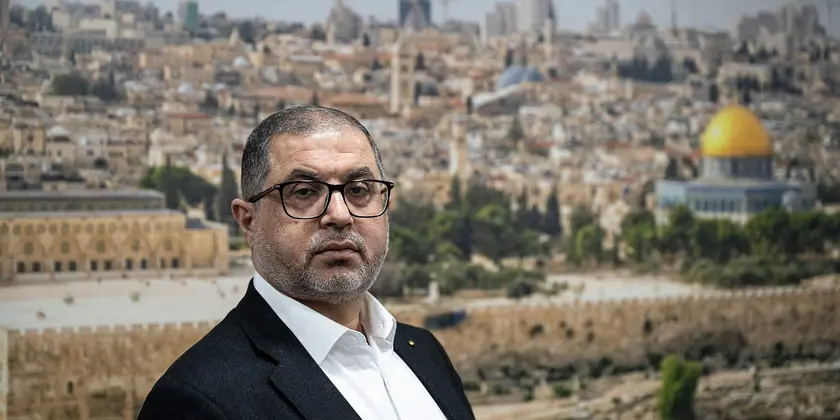
Hamas backs talks on end to Gaza war
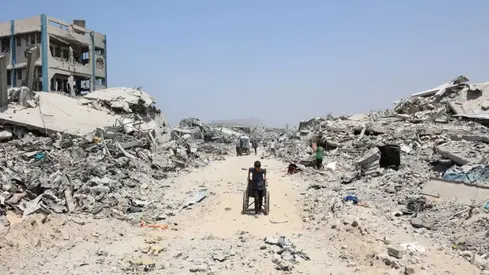
Ceasefire talks show new momentum
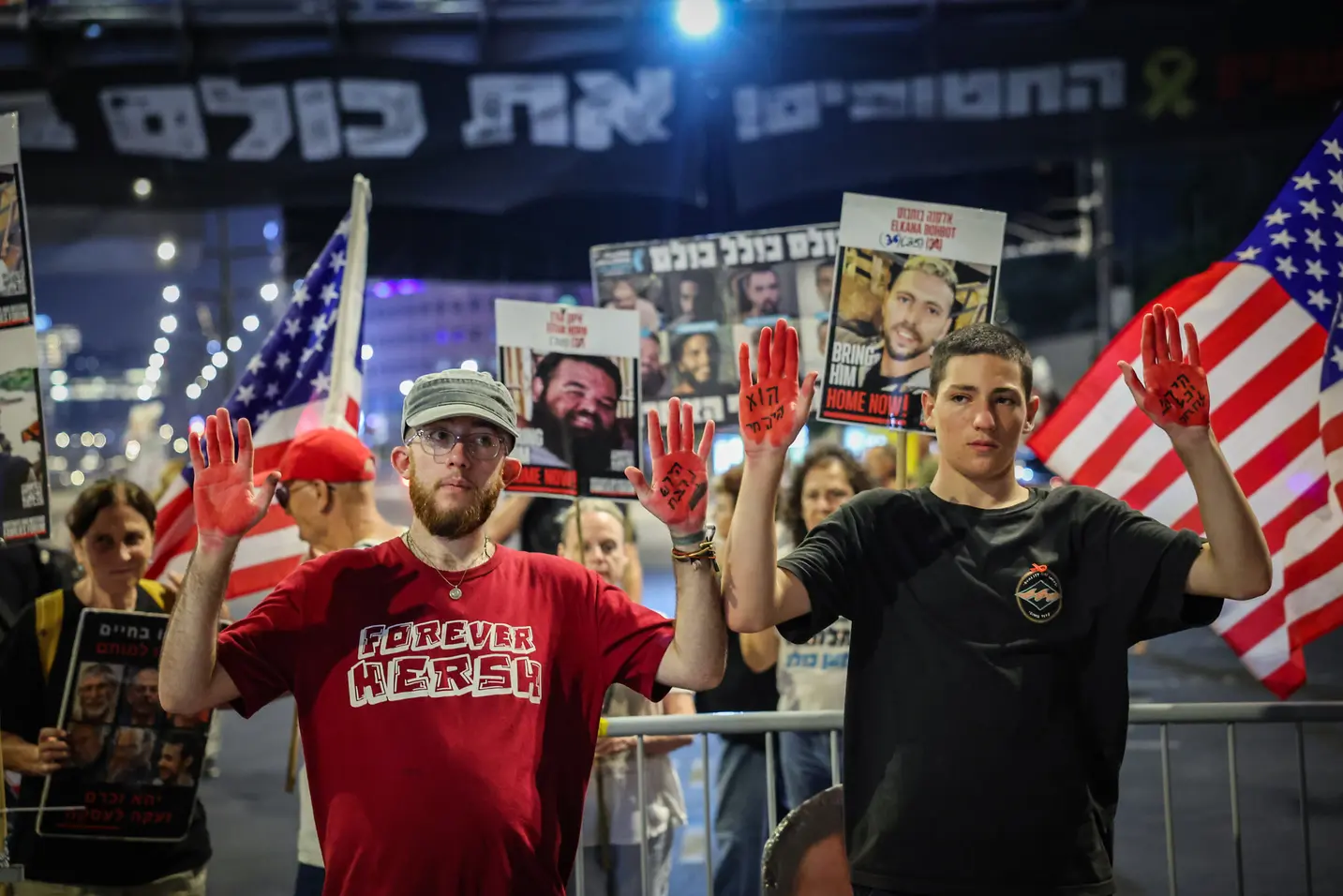
Hamas Signals Willingness to Ease Demands as Talks Resume
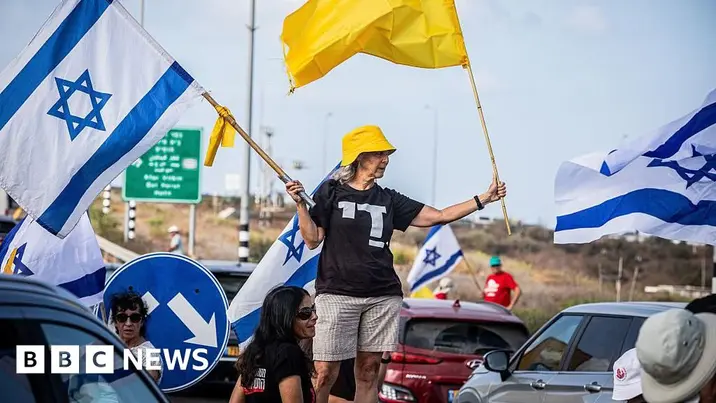
Israel hostage talks face new ceasefire proposal
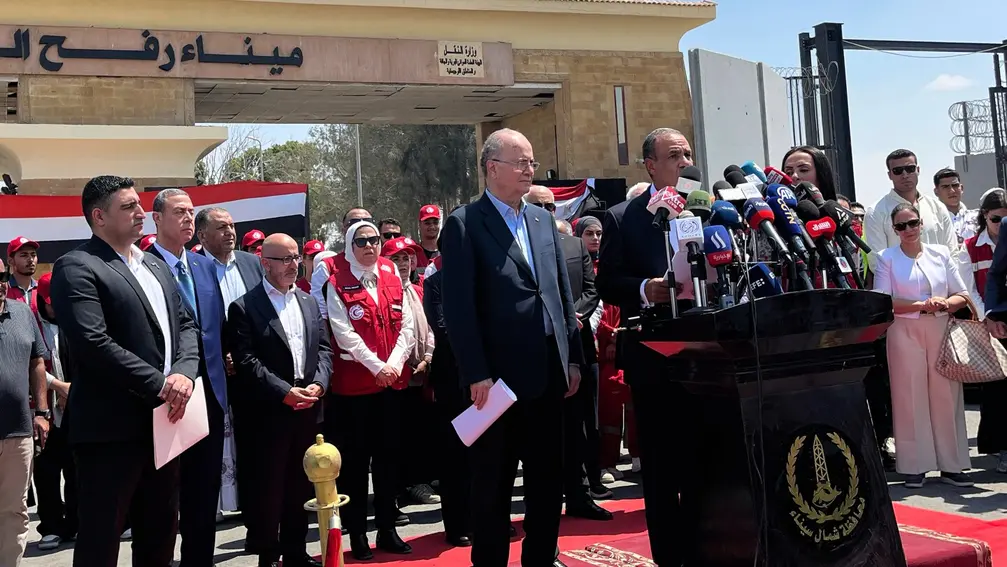
Hamas Accepts Arab Mediated Ceasefire Proposal in Gaza Talks
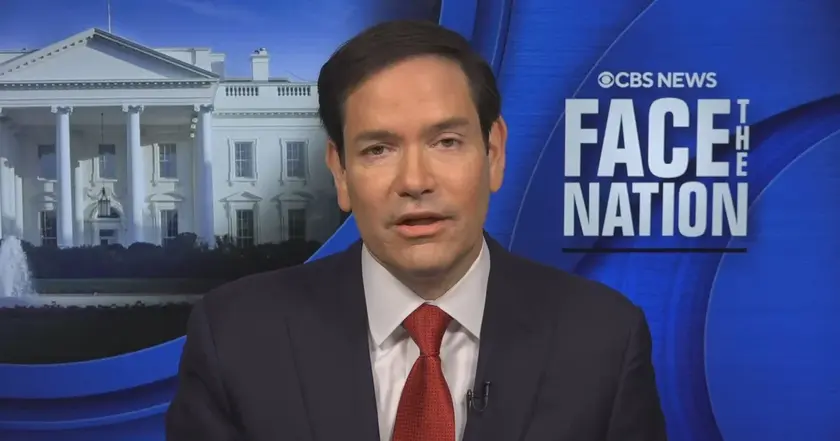
Rubio outlines tough path to peace in Ukraine talks
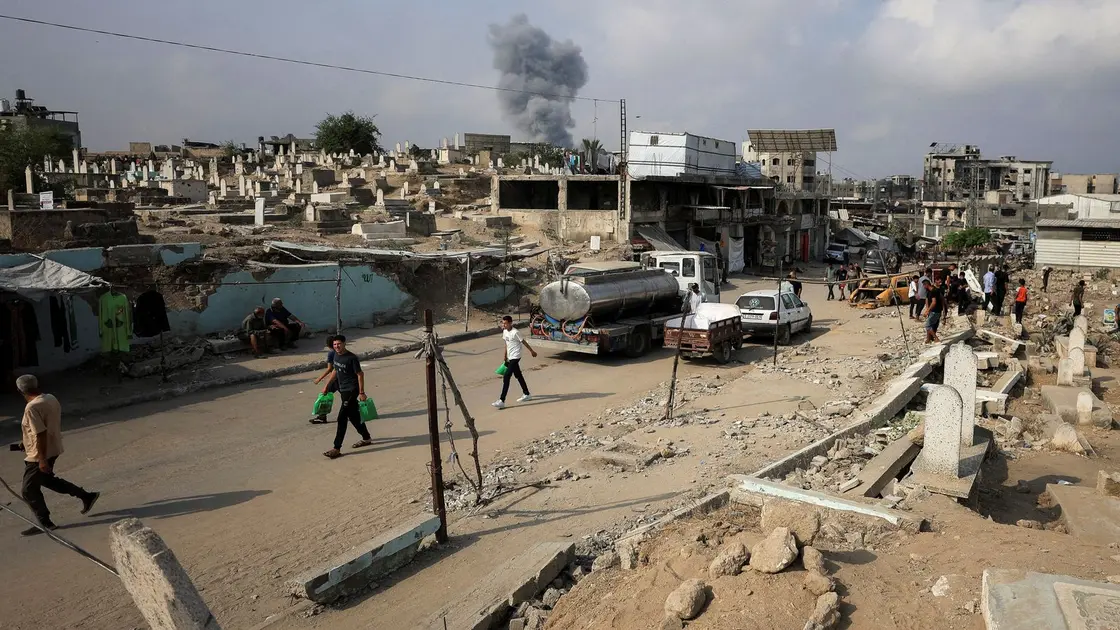
Gaza death toll rises amid ceasefire talks
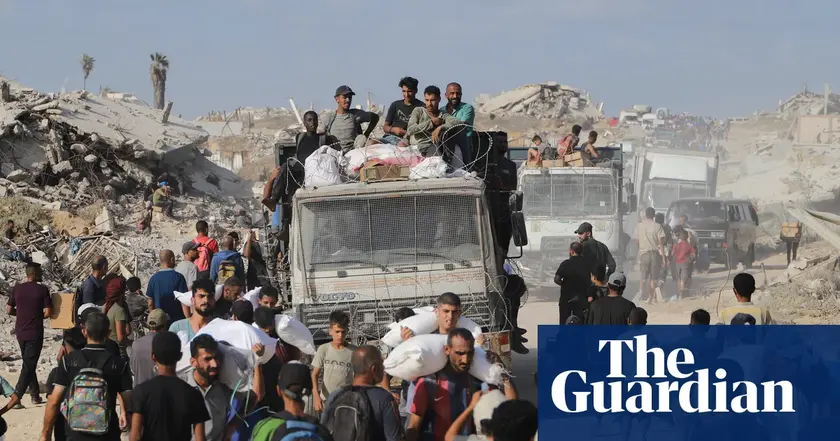
Ceasefire proposal on Gaza gains support
